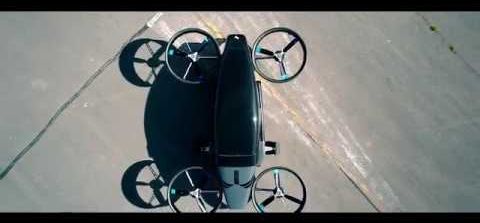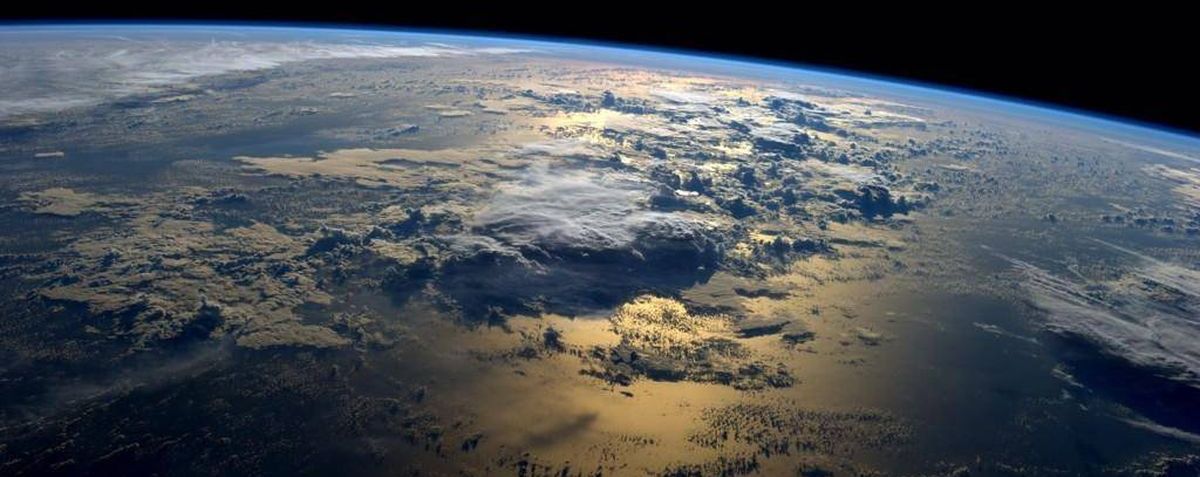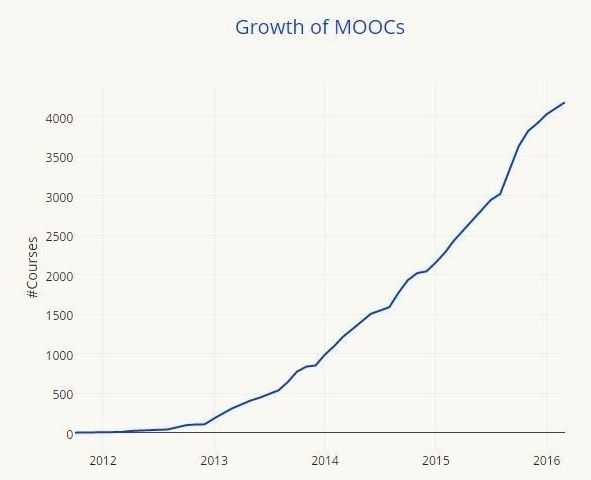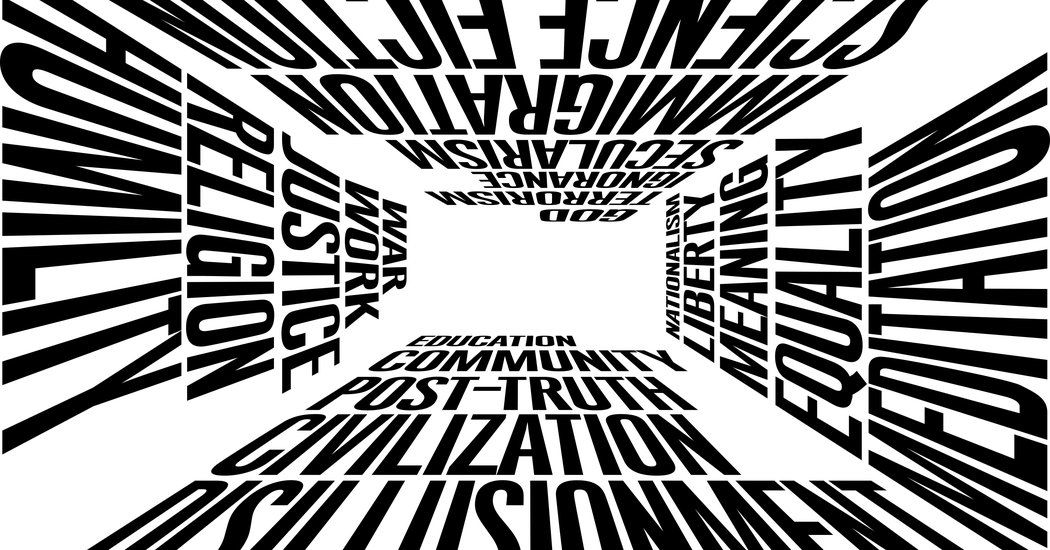Our mission is to make air travel personal, on demand and carbon free.




The universe’s ultimate speed limit seems set in stone. But there’s good reason to believe it might once have been faster – and may still be changing now.
By Stuart Clark
The speed of light in a vacuum is the ultimate cosmic speed limit. Just getting close to it causes problems: the weird distortions of Einstein’s relativity kick in, so time slows down, lengths go up, masses balloon and everything you thought was fixed changes. Only things that have no mass in the first place can reach light speed – photons of light being the classic example. Absolutely nothing can exceed this cosmic max.






In his fascinating new book, “21 Lessons for the 21st Century,” the historian Yuval Noah Harari creates a useful framework for confronting these fears. While his previous best sellers, “Sapiens” and “Homo Deus,” covered the past and future respectively, his new book is all about the present. The trick for putting an end to our anxieties, he suggests, is not to stop worrying. It’s to know which things to worry about, and how much to worry about them. As he writes in his introduction: “What are today’s greatest challenges and most important changes? What should we pay attention to? What should we teach our kids?”
In “21 Lessons for the 21st Century,” Yuval Noah Harari’s latest book, the historian takes on everything from terrorism to inequality.